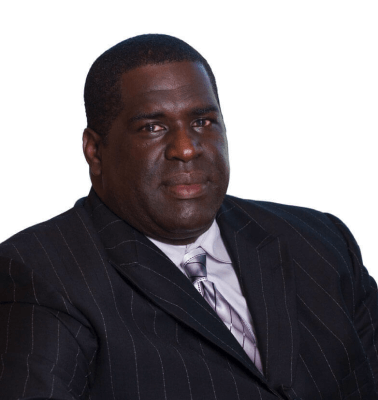Strategies for dealing with the DUI arresting officer
The significance of the testimony of the DUI arresting officer
The cross-examination of the arresting officer is a particularly significant event because it is the first real confrontation in front of the jury.
The police officer is usually the first witness for the prosecution. Before the officer’s testimony all the jury will have heard is the voir dire and the attorneys’ opening statements. These are important, but they do not have the drama of that first bullfight with the arresting officer.
The officer is the one witness for the state who was present during the entire arrest. At the conclusion of the cross-examination, the compass is going to begin pointing in the direction of conviction or acquittal.
Strategy tips for cross-examining the arresting officer
When your attorney cross-exams the arresting officer in your trial you may notice some of the following strategies taking place.
Showing that the officer does not know everything.
This includes knowing the police officer’s report better than the officer. Police officers often do not know everything that is written in their own reports. They may know most of the report, but few officers know the particulars of everything in the report.
Avoiding chronological order.
Asking questions in chronological order allows the officer to see where the cross-examiner is headed. Sometimes it helps to keep the witness off-balance.
On the other hand, sometimes your attorney will want to ask about events that are related. For example, the horizontal gaze nystagmus test and the Romberg test should be linked together in cross-examination even though they often occur chronologically next to each other during the actual administration of the field sobriety tests.
Contrasting bad test results with things that would be even worse.
Your attorney might reduce the bad affect of a poor field sobriety performance by contrasting it to something more negative that did not actually take place. The sixty-foot yacht does not look so big next to a battleship. For example, if you stumbled during the walk the line test your attorney might ask the officer the following questions: “Mr. Jones did not put his hand down?” “He did not grab you for support?” “He did not skin his knee?” “He did not fall down?” “He simply had a misstep?”
This reduction technique gives your attorney a way to approach bad evidence.
Using a blush in a positive way.
If your attorney has some impeachment evidence, it might be introduced in the early stages of the cross-examination questioning. This lessens the officer’s credibility for the rest of the cross-examination. Furthermore, if the officer is embarrassed by any impeachment or mistake, your attorney may check to see if the officer blushes. If the officer is blushing, your attorney might ask the officer if a flushed face can be caused by things other than consuming alcohol.
Suggesting police officer bias.
Your attorney may suggest possible police officer’s bias by asking the officer if he gets paid overtime for his courtroom testimony. If the officer is arresting DUI suspects in questionable cases, there is a greater likelihood that these cases will be questioned in court. This means more overtime for the arresting officer.
Convincing a jury of officer bias is very difficult, so your attorney will probably only gently hint at this. However, even if the jury does not come to the conclusion that the officer is possibly biased, asking the question about officer overtime pay at least lessens some of the impact when your expert is asked the inevitable question about the expert’s fee.
Changing the pace.
If the officer is gaining the impetus in the cross-examination, your attorney might ask about some minor point in the officer’s report that the officer may not readily recall. If the officer does not remember the information without reviewing his report, some of the officer’s momentum may be temporarily stemmed. For example, your attorney might ask, “Officer, could you tell the jury what time the tow truck was called?” This gives your attorney some time to reconsider where to go next in the cross-examination while the officer explores the report.
Deciding when to hold and when to fold.
Sometimes your attorney will have to make a choice about how far to push the arresting officer on a particular matter. By pushing a little more, your attorney might be able to emphasize the point a little more. But the risk is that the officer may realize what is going on and undo what has already been accomplished.
The general rule as to when to terminate cross-examination is this: If the witness is smart, clever and experienced, end the cross-examination; if the witness does not possess these qualities, forge ahead.













